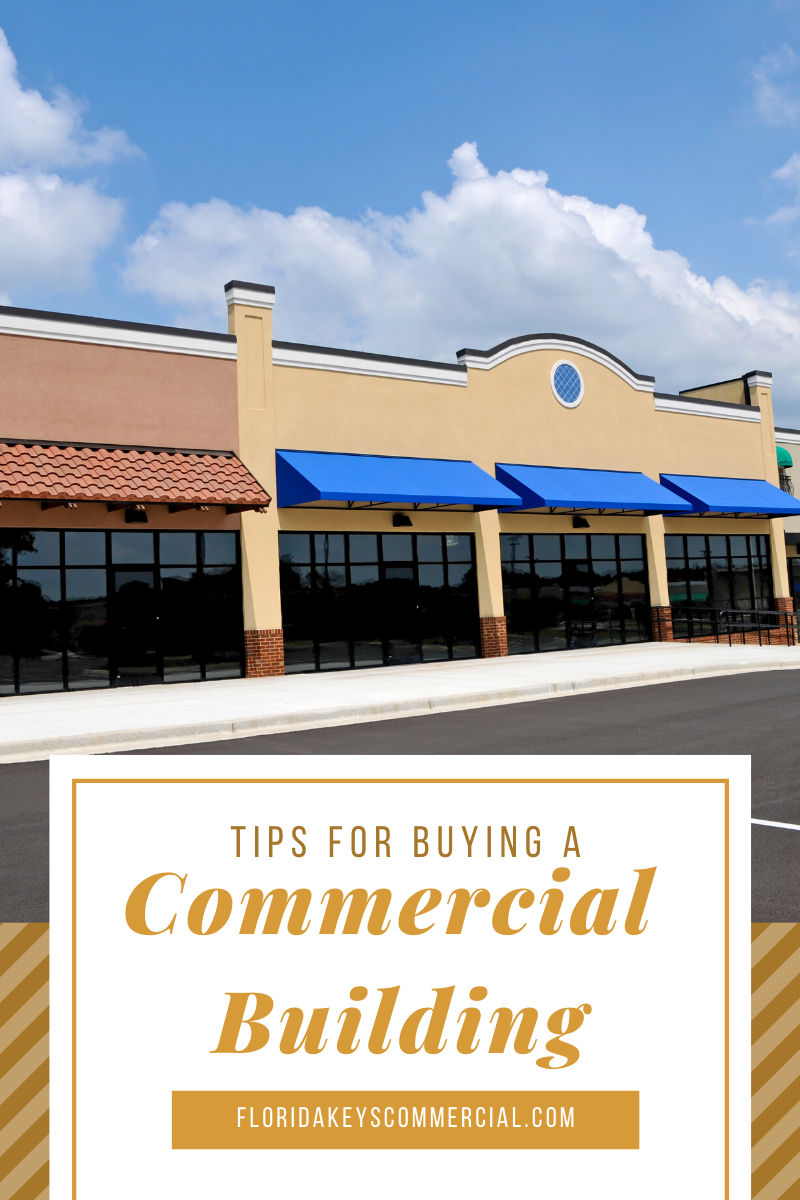There are legalities involved in purchasing any real estate, and that’s especially true when dealing with commercial real estate purchases. Even if this is not your first time purchasing commercial real estate, make sure you are legally covered in every aspect. You really should be working with a good real estate agent and attorney, but it’s also helpful to know a little bit about what legal aspects you need to be concerned with. This list is not all-inclusive, but it’s a good start to giving you an idea of the legal processes involved in purchasing commercial real estate.

Four Legal Tips For Purchasing Commercial Real Estate
- Know the sector of commercial real estate
- Know requirements regarding the sector of the property
- Consider investment risks
- Research permits and title
A sector is nothing more than a subtype of structure. Are you purchasing an industrial warehouse, a retail building, an office building, or a multifamily unit (such as an apartment complex?) Once you have identified that, you will have a much better understanding about the titles and permits you will need later on down the line.
Next, you’ll need to understand that you will have to abide by all federal and state laws involving the sector you deal with. This could mean things like non-discriminatory practices for screening tenants, or complex laws involving the EPA (Environmental Protection Agency.) This is why it’s a really good idea to have some legal counsel in your pocket, to address things you may not even be aware of. Laws vary from state to state, so don’t assume you will be operating under the same guidelines if you own multiple businesses in the same sector across the span of several states.
Investment risks are inevitable, but must be legally handled. It is smart to have a commercial assessor come out to the property you plan to buy and give you an honest assessment of what the value is regarding what exists, as well as what it may take to replace it if something should happen such as a natural disaster. You will want to have specific insurance on your commercial property, and all losses are not necessarily covered under one policy. Make sure you understand explicitly what types of losses are covered and if supplemental insurance (such as flood insurance, for example) is something that you may need.
When it comes down to it, nothing is more important for the operational aspect of the commercial property that you purchase than permits and title. These are state-sanctioned, and may vary by county and city ordinances as well. It can be a time consuming process to get all the licenses and permits in place, so begin early – it may be several months up to a year. Consider if special permits are needed for your commercial property as well (such as an alcohol permit, if you plan to buy a restaurant or bar.) Learning what you need early in the process and keeping a notebook to check things off will keep you organized. Make sure that once licenses, permits, and titles are obtained, you keep them and copies of them in secure places. You may be required to display a permit at your commercial property, but also keep a copy in a safety deposit box and be sure to check when permits need to be re-applied for frequently.
In the meantime, check out these 1-click searches:
- All Businesses for Sale
- Office Buildings
- Hotels, Motels & Bed & Breakfasts
- Bars & Restaurants
- Marinas for Sale in Key West
- Investment Properties
- Business Opportunities
Newest Key West Commercial Properties on the Market
 $3,500
Active
$3,500
Active
929 Truman Avenue A KEY WEST, Florida
1 Baths 1,520 SqFt
 $4,800
Active
$4,800
Active
1213 Truman Avenue A KEY WEST, Florida
4 Baths 2,949 SqFt
[button size=”large” url=”https://homes.floridakeyscommercial.com/i/newest-commercial-properties-for-sale-in-key-west-fl” newtab=”true” expand=”true”]View ALL[/button]
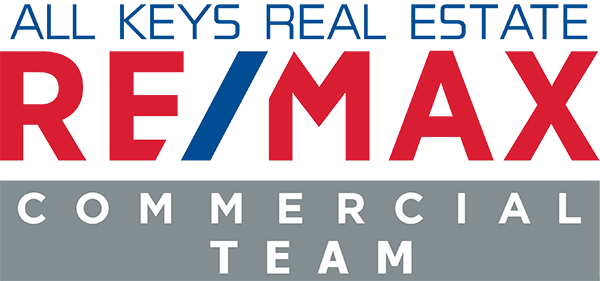




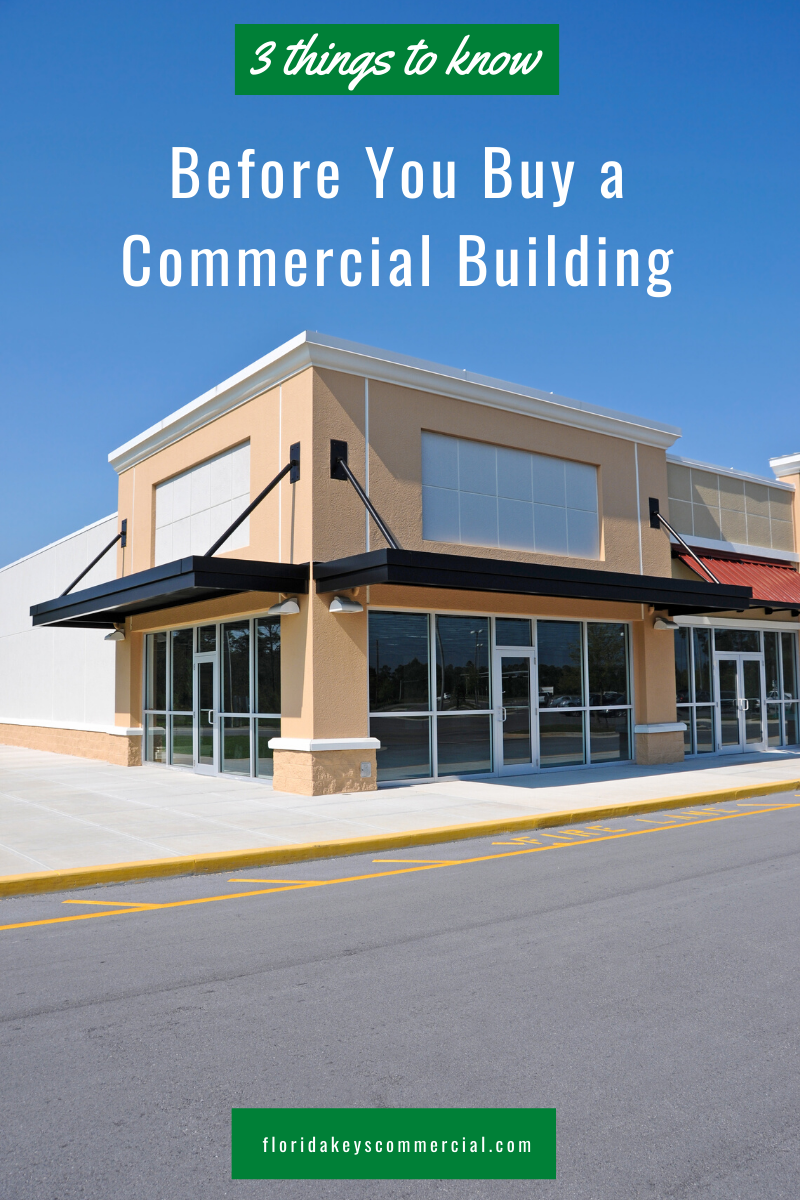
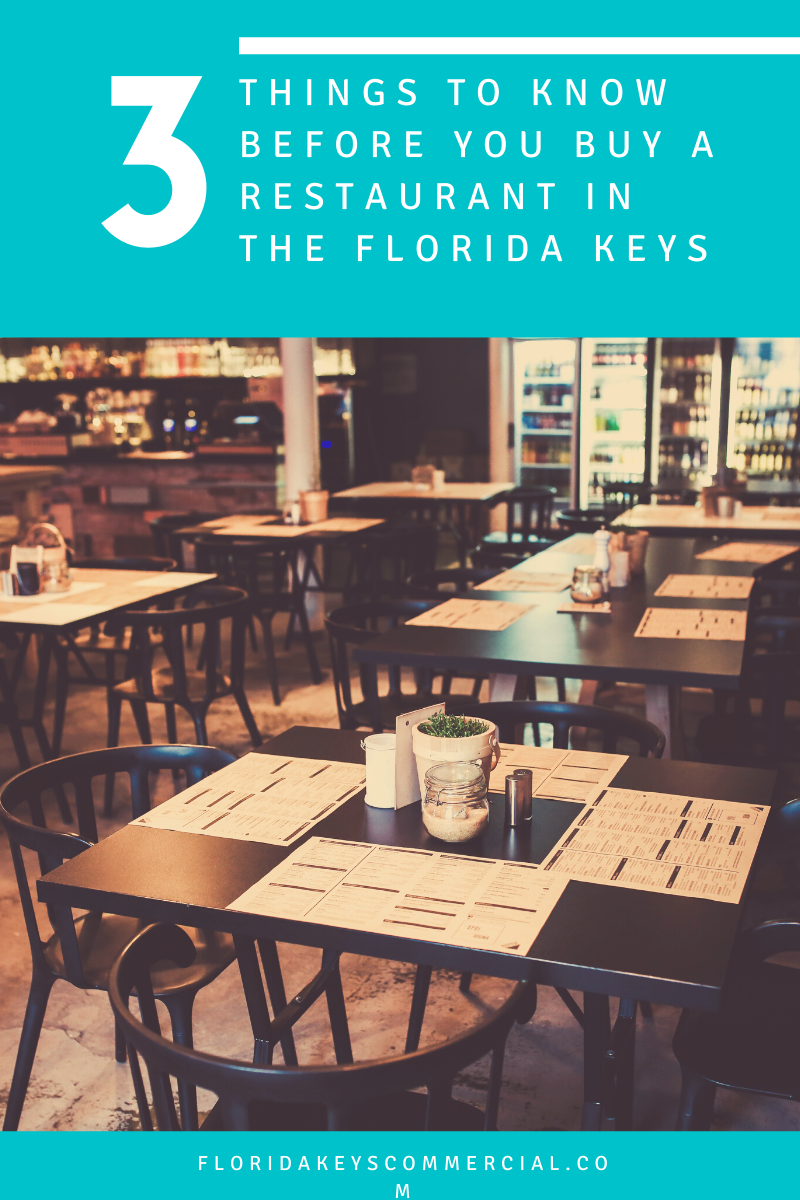

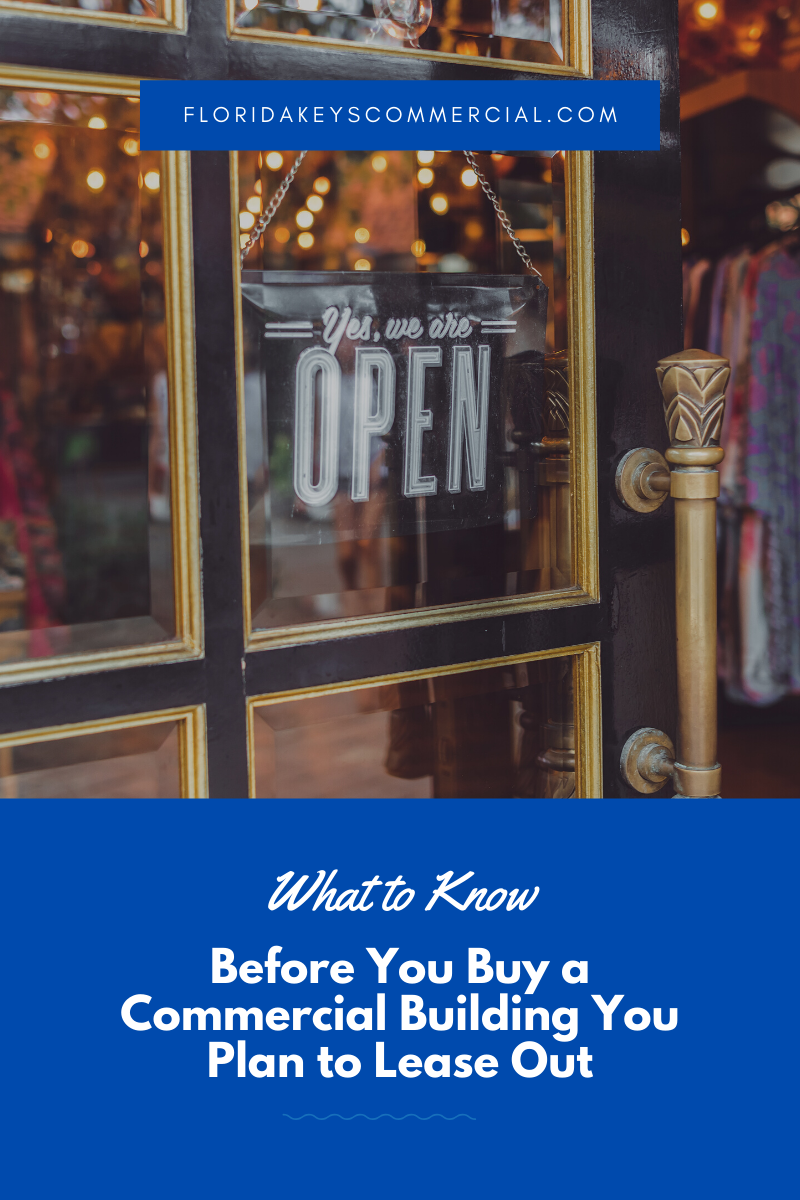

![Florida Keys Communities [Part 4] Exploring Communities, Keys & Cities In The Lower Florida Keys](https://www.floridakeyscommercial.com/wp-content/uploads/2019/05/Florida-Keys-Communities-Part-4_-Exploring-Communities-Keys-Cities-In-The-Lower-Florida-Keys.png)
![Florida Keys Communities [Part 1] Cities of the Upper, Middle & Lower Florida Keys](https://www.floridakeyscommercial.com/wp-content/uploads/2019/03/Florida-Keys-Communities-Part-1_-Cities-of-the-Florida-Keys.png)

